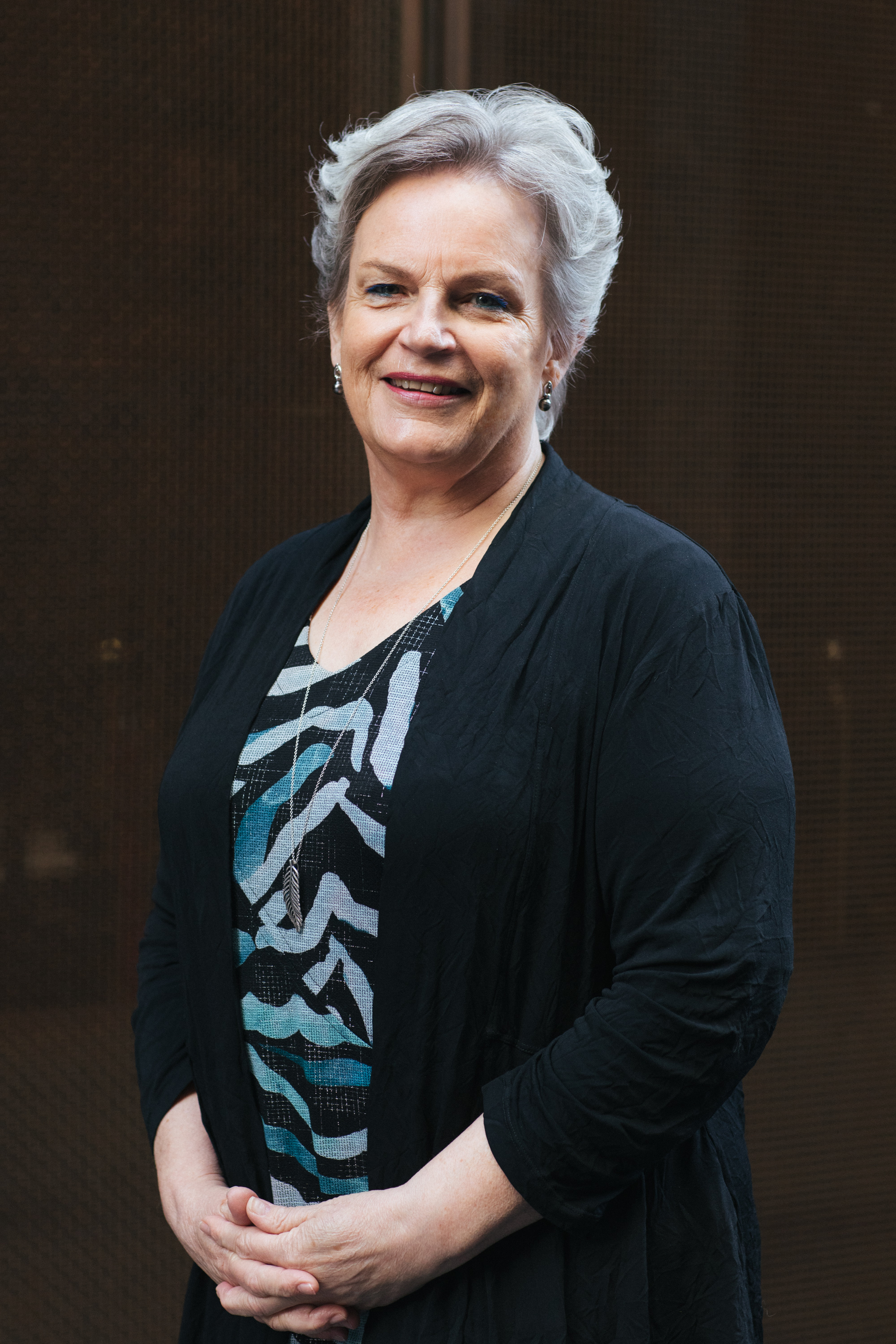
World Alzheimer’s Month is an international campaign to raise awareness and challenge stigmas about Alzheimer’s and dementia mate wareware. Each year Alzheimer’s and dementia mate wareware associations, along with those involved in the treatment, care and support of people living with dementia mate wareware, unite to advocate for action on prevention, diagnosis and treatment for people living with dementia mate wareware.
Around 70,000 people have been diagnosed with dementia/mate wareware in Aotearoa and this is expected to triple by 2050. Dementia mate wareware remains underdiagnosed so this is an underestimate of the actual number.
This year’s global theme is ‘Attitudes to Dementia’, which centres on understanding and addressing the current perceptions towards dementia mate wareware.
A key misconception is that dementia mate wareware is a normal part of ageing and that nothing can be done to prevent it. Evidence suggests that 40% of dementia mate wareware could be delayed by preventative actions like treating hearing loss, improving nutrition, and regular exercise [2].
One of the recommendations in my report, Amplifying the Voices of Older People Across Aotearoa New Zealand, is to support the preventative public health actions outlined in the Dementia Mate Wareware Action Plan. This includes addressing loneliness by investing in community-driven social connection programmes for older people and their whānau. An increase in the hearing aid subsidy would also provide more affordable access to hearing support to influence another modifiable risk.
Promoting positive attitudes means supporting people living with dementia mate wareware to maintain their dignity, independence and quality of life. Using positive language when speaking about dementia mate wareware has the power to help build dementia friendly communities. Words and phrases that treat people living with dementia mate wareware with dignity and respect can help people feel valued and change how society views and treats them.
A simple way to change our language, is to avoid labelling people. For example, a person may be living with dementia mate wareware, but they are not a ‘sufferer”. A person may also be experiencing changes in their behaviour, but this is not “challenging behaviour.”
Behaviours are the things we all do to meet a need, for example, eating when we are hungry. These basic needs do not change for people living with dementia mate wareware, but the behaviour used to express a need may change as people’s cognitive abilities decline. It’s important to move beyond labelling behaviours and focus on understanding what the individual is expressing and coming up with solutions to meet their needs.
We must also recognise that the language around dementia mate wareware is not always appropriate for different cultures and languages. Public health actions for dementia mate wareware must promote cultural safety and person-centred approaches.
To build a dementia-friendly society we can all help promote positive attitudes towards dementia mate wareware. I encourage everyone to reflect on their understanding of dementia mate wareware and normalise conversations around it in their own communities.
